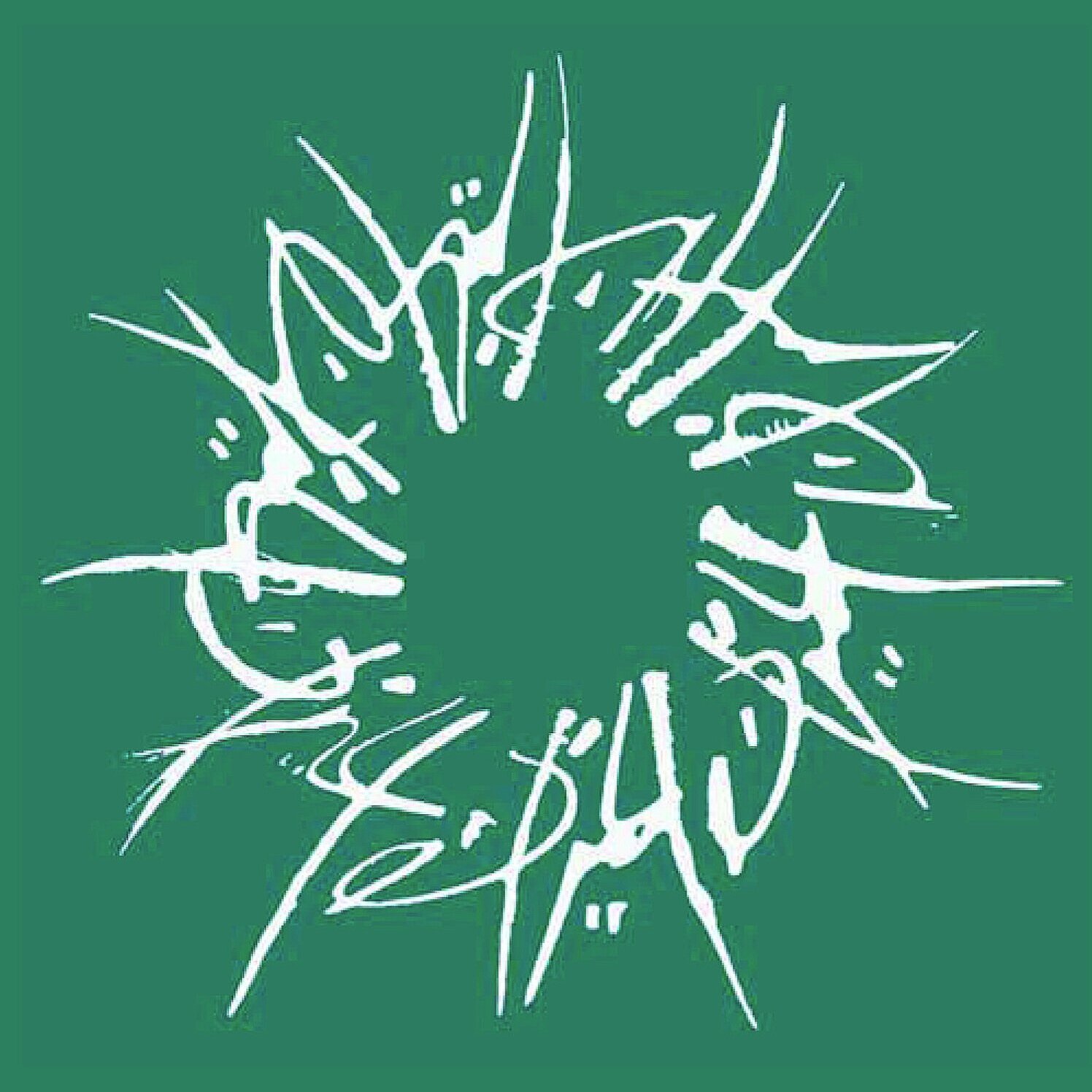The vast majority of Ge’ez verbs are triliteral i.e. they have three root letters and a fair amount are quadriliteral i.e. they have four root letters. A small minority of verbs has two or five root letters. All verbs fall into three broad categories or stems. The best way to think of these stems is as vowel templates in which the root-letters are fixed. Unlike other Semitic languages, these stems in Ge'ez are not derivative from each other i.e. most roots appear in only one stem.
ገብረ [gebre = to do] – B-stem2, Perfective:
Here’s a list of some common B-stem verbs for you to get started with. From now on, I’ll put [B] next to new verbs that occur in this stem.
The majority of verbs appear in the simple stem or the basic stem [B-stem], which correlates with the G-stem in Aramaic (קטל); the Pa'al in Hebrew (פעל) and Form-I in Arabic (فعل).
«The Perfective = The Past Tense»
With three letter roots (R1R2R3) the Simple stem has two slight variations in the perfective aspect. The perfective aspect denotes completed actions i.e. usually it correlates to what we would think of as the past tense.
R1eR2eR3e – usually used for action verbs e.g. ሐነጸ (ḥeneşe = to build)
R1eR2R3e – usually used for stative verbs e.g. ፈርሀ (ferhe = to be afraid)
There are many exceptions to these generalizations, and for the most part in classical Ge'ez the difference in meaning of these two variations has become blurred. In any case, this difference in form is slight and is only even noticeable in the 3rd person perfective forms. Here are the conjugation charts:
ሐነጸ [ḥeneşe = to build] – B-stem1, Perfective:
SINGULAR | PLURAL | |||||
1st Person | ሐነጽኩ | ḥeneşku | ሐነጽነ | ḥeneşne | ||
2nd Person | ሐነጽከ | ḥeneşke (m.) | ሐነጽክሙ | ḥeneşkəmu (m.) | ||
ሐነጽኪ | ḥeneşki (f.) | ሐነጽክን | ḥeneşkən (f.) | |||
3rd Person | ሐነጸ | ḥeneşe(m.) | ሐነጹ | ḥeneşu (m.) | ||
ሐነጸት | ḥeneşet(f.) | ሐነጻ | ḥeneşa (f.) | |||
ገብረ [gebre = to do] – B-stem2, Perfective:
SINGULAR | PLURAL | |||||
1st Person | ገበርኩ | geberku | ገበርነ | geberne | ||
2nd Person | ገበርከ | geberke (m.) | ገበርክሙ | geberkəmu (m.) | ||
ገበርኪ | geberki (f.) | ገበርክን | geberkən (f.) | |||
3rd Person | ገብረ | gebre(m.) | ገብሩ | gebru (m.) | ||
ገብረት | gebret(f.) | ገብራ | gebra (f.) | |||
Here’s a list of some common B-stem verbs for you to get started with. From now on, I’ll put [B] next to new verbs that occur in this stem.
ነበረ | nebere | to live, to sit, to remain | ነበርኩ፡በዛሀገር። I lived in this city. |
ሐነጸ | ḥeneşe | to build, to construct | ሐነጸ፡ንጉሥ The king built… |
ወረደ | werede | to descend, to go down | ወረደ፡እምዲበ፡ድብር። He came down from on the mountain. |
ረከበ | rekebe | to find, to acquire | ረከብኪ You [f.] found… |
ሰበከ | sebeke | to preach | ሰበክነ፡በዋንጌል። We preached the Gospel. |
ጸሐፈ | şeḥefe | to write, to compose | ጸሐፈ፡ጸሓፌ፡ንጉሥ The king’s scribe wrote… |
ኅለፈ | xelefe | to pass | ኀለፍኩ፡ምስለ፡ሀገር። I passed through the town. |
ሰአለ | se’ele | to ask, to inquire | ሰእሉ: ሊቃነ፡ሀገር The elders of the city asked… |
ገብረ | gebre | to do, to act, to create | ገብረ፡እግዚአብሔር God created… |
በጽሐ | beşḥe | to arrive | በጽሓ They [f.] arrived… |
ወፅዐ | weðºe | to depart | ወፅዑ፡ካህናት። The priests derparted. |
መርሐ | merḥe | to guide, to lead | መረሕክሙ You all [m.] guided… |
መጽአ | meş’e | to come | መጽአነ፡እምዛሀገር። We came from this city. |
ሖረ | ḥore | to go | ሖሩ፡ወሉደ፡ንግሥት፡ለሀገር። The queen’s son went to the city. |
ረእየ | re’ye | to see | ረእየ፡ብእሲ The man saw… |
ሰምዐ | semºe | to hear | ሰምዐት፡ብእሲት The woman heard… |
ኮነ | kone | to become | ኮነ፡ካህን The priest became… |
ሞተ | mote | to die | ሞተት፡ንግሥት። The queen died. |
